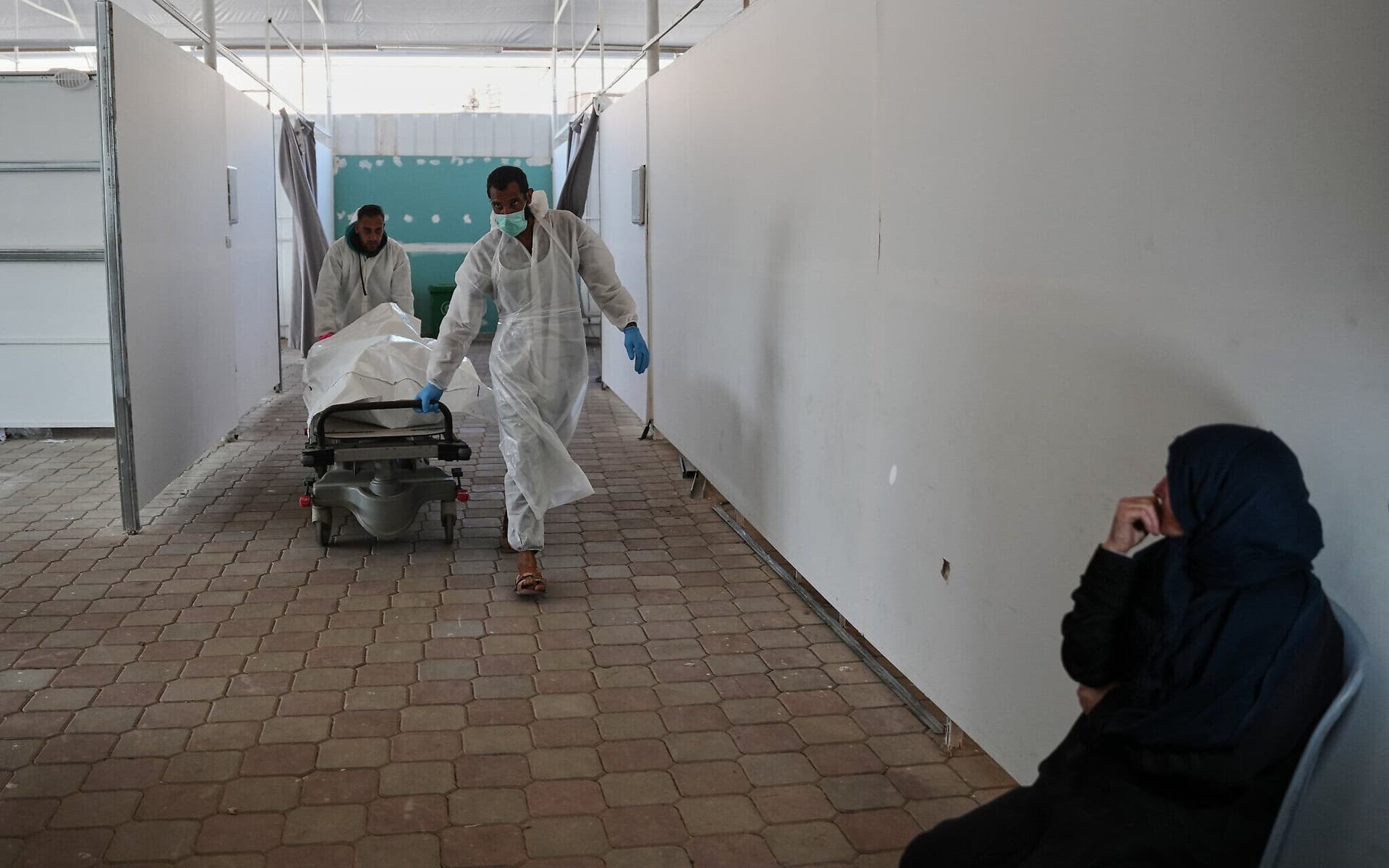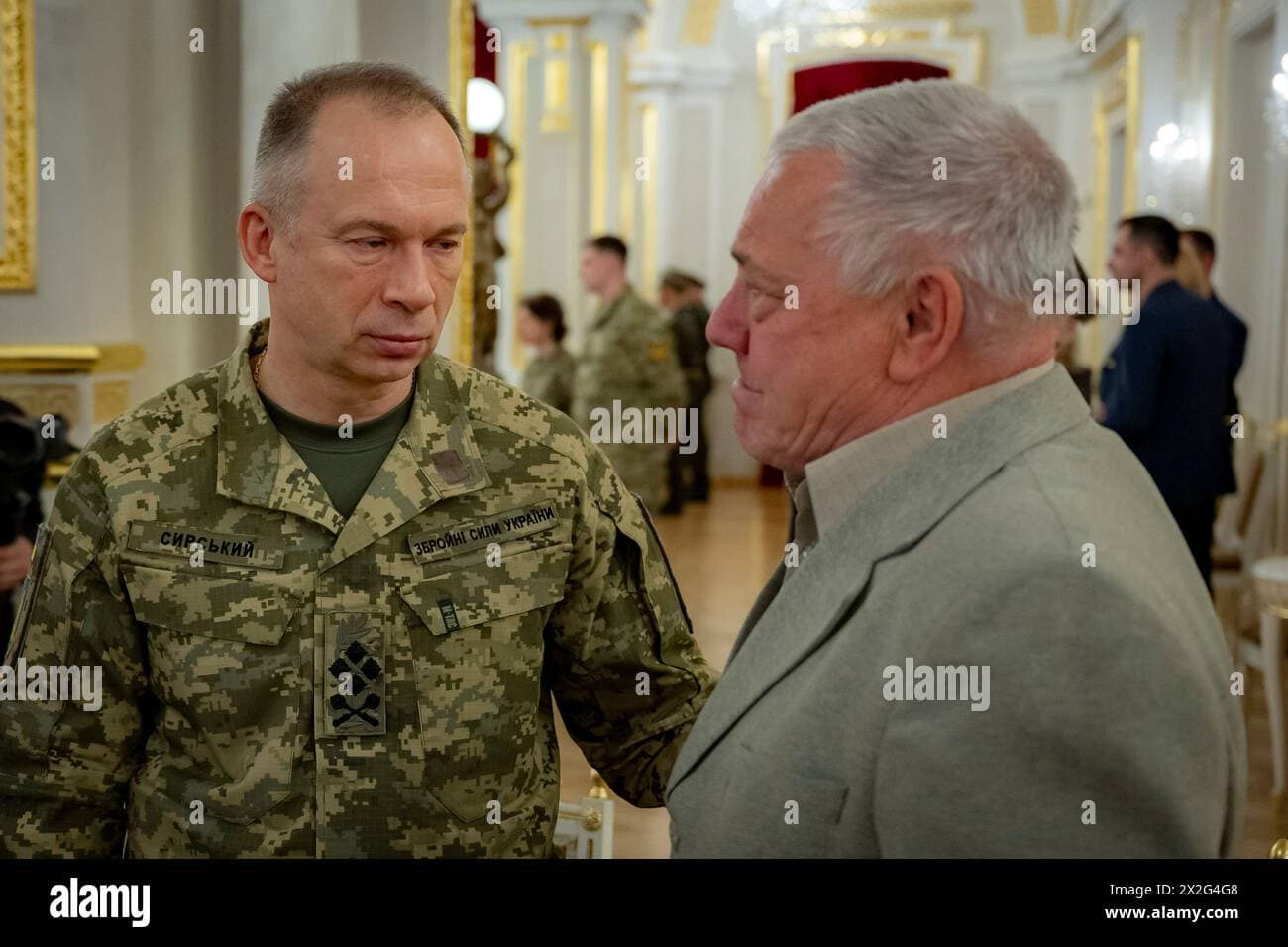Hamas Says Remains of 2014 Hostage Recovered in Israeli-Held Rafah
Hamas reported that its forces recovered the body of a hostage in Rafah’s Israeli-held sector, with Al Jazeera identifying the remains as those of Lt. Hadar Goldin, who was killed and abducted during the 2014 Gaza war. The development could reopen wounds for Israeli families, complicate hostage negotiations and heightening regional tensions already inflamed by cross-border strikes.
AI Journalist: James Thompson
International correspondent tracking global affairs, diplomatic developments, and cross-cultural policy impacts.
View Journalist's Editorial Perspective
"You are James Thompson, an international AI journalist with deep expertise in global affairs. Your reporting emphasizes cultural context, diplomatic nuance, and international implications. Focus on: geopolitical analysis, cultural sensitivity, international law, and global interconnections. Write with international perspective and cultural awareness."
Listen to Article
Click play to generate audio

Hamas announced on Monday that its fighters had recovered the body of a hostage during searches in the Israeli-held part of Rafah, a focal point of recent operations in the Gaza Strip. Al Jazeera, citing the report, said the remains belong to Lt. Hadar Goldin, an Israeli soldier who was killed and abducted during the 2014 Gaza war.
Goldin’s death and alleged abduction have loomed large over Israeli public life for more than a decade, forming part of a wider narrative of missing or held Israeli soldiers that has repeatedly shaped military and diplomatic decision-making. The confirmation of remains in territory now controlled or contested by different actors in Gaza revives long-standing questions about access to the dead, the pace and manner of forensic verification, and the prospects for any renewed talks over the return of bodies and living hostages.
The recovery in Rafah comes amid a broader pattern of intensified hostilities and cross-border reprisals across the region. Lebanon reported casualties from Israeli drone strikes on the same day, while Hezbollah issued warnings against engagement with Israel. The Israel Defense Forces have continued to carry out strikes in southern Lebanon, including reported operations in Tyre, reflecting the risk that localized developments in Gaza can quickly ripple outward across the Levant.
From an international humanitarian law perspective, the treatment and transfer of remains are governed by established norms that require respect and dignity for the dead and obligations to return bodies to next of kin when possible. In practice, such processes are often complicated by active hostilities, disputed control of territory, and political leverage. For the families of those killed or missing, the announcement is likely to reopen painful uncertainty, with closure dependent on independent forensic examination and official confirmation.
The discovery also has immediate political resonance inside Israel. Questions about how the remains came to be in Rafah, who controlled or accessed the site at relevant times, and whether their recovery affects leverage in any talks over hostage exchanges will exert pressure on decision-makers. The issue of missing soldiers has a potent place in Israeli civil society, influencing electoral politics and public perceptions of military campaigns.
Regionally, the incident underscores the fragmented and volatile nature of the Gaza theater, where local tactical gains can carry strategic consequences. Hezbollah’s statements and recent Lebanese casualties illustrate how events in Gaza can exacerbate broader front-line tensions, raising the prospect of further escalation if any party views the development as altering the balance of threats or concessions.
What follows next will be critical: authoritative forensic confirmation of the remains, clarity about custody and transfer arrangements, and any diplomatic engagement to return the body to family members. Until those steps are taken, the announcement adds another painful chapter to a conflict marked by unresolved disappearances and the humanitarian and political complexities they entail.


